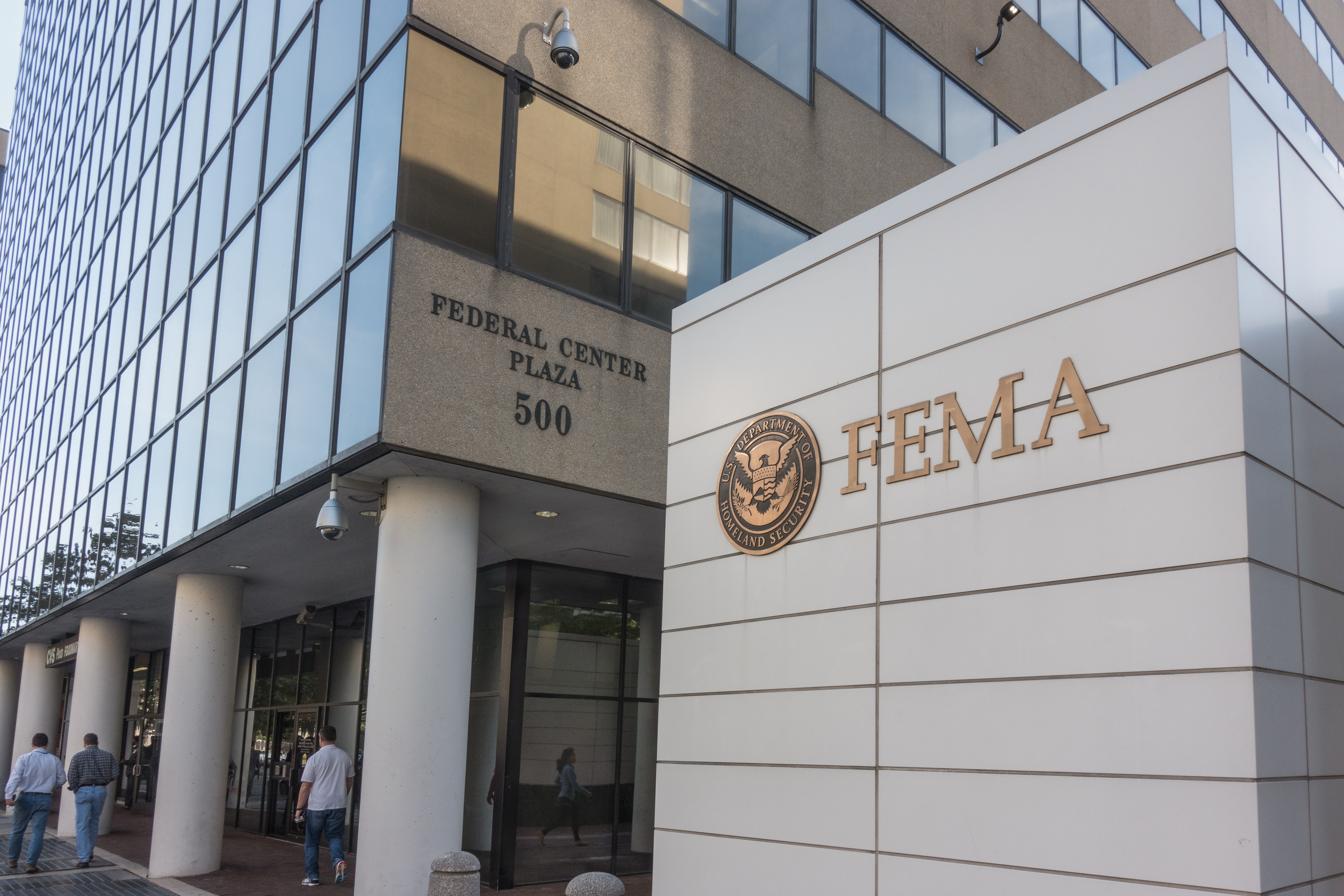How FEMA Learned from Ben Carson’s $31,000 Dining Set Purchase
The public outcry over HUD Secretary Carson’s office furniture likely dissuaded FEMA officials from similar spending sprees.

From outgoing Interior Secretary Ryan Zinke’s bear and bison decorations to former EPA Administrator Scott Pruitt’s secret $43,000 phone booth, cabinet officials’ use of taxpayer money for lavish office renovations has drawn its share of negative press. And according to emails obtained by American Oversight, it appears that at least one instance — the public outcry over Housing Secretary Ben Carson’s $31,000 dining set — may have dissuaded other officials from similar spending sprees.
Emails show that officials at the Federal Emergency Management Agency began discussing office renovations in May 2017 and continued these talks well into 2018. A full redesign was initially estimated at $973,000, and in April 2018 FEMA Administrator Brock Long’s office proposed an alternate renovation that was projected to cost $700,000.
A January 2018 email reveals that Long continually asked his staff about the office redesign. “Administrator is asking his staff about the new reconf. everyday,” wrote Tyrone Nunnally, a FEMA employee.
In late February 2018, news surfaced that Secretary Carson had attempted to purchase a $31,000 dining set. American Oversight sued for records of that purchase, revealing that Carson had lied when he initially denied not knowing about the furniture’s cost.
The controversy around Carson’s exorbitant spending was clearly on the minds of FEMA officials. In February, Kevin Yusman, a deputy associate chief counsel, sent a link to a CNN story about Carson’s furniture purchases to Eric Leckey, the deputy chief administrative officer at FEMA. “I just saw this story on the news,” said Yusman. “It is certainly timely.”
James Reistrup, an appropriations counsel at FEMA, responded to Yusman’s email by joking, “Maybe HUD was thinking they should get some wiggle room, maybe another 10% on top of the 5-large limit, just because the HUD building itself is as ugly as homemade sin.”
Throughout the emails, employees acknowledged that the renovation proposal exceeded the $5,000 limit imposed by Congress, and that any excesses would need to be approved by the Office of the Comptroller of the Currency (OCC).
“I understand that part of the process is the estimates, we also recognize that the renovation would exceed the $5K, which is why OCAO [Office of the Chief Administrative Officer] was tasked to provide the estimated cost breakdown and OCC was to provide the approval chain,” said Zohra Amin, the acting executive officer, in a March 2018 email.
A question and answer guidance on making office improvements was even circulated, citing Carson’s scandal as an example of what would happen if they decided to overspend anyway. The answer to the question “What if I do it anyway?” was “This raises several possibilities-bad ones and worse ones. Ben Carson could tell you about the bad ones, and if you don’t know about those, ask me for a copy of my CNN and Washington Post articles.”
Thomas Breslin, a FEMA senior adviser, questioned whether the agency should go forward with the renovation. “Based on the stuff going on across the cabinet I want to make sure that we are proceeding on the right path and I’m not sure what the right path even is which causes me grave concern,” Breslin wrote.
In the end, an email from Joel Doolin, the deputy chief counsel at FEMA, sent to Yusman in April indicates that the agency decided not to go through with the renovation, apparently deciding that the new office wasn’t that important. “Zohra told me this week that front office opted not to go forward with any improvements.”
In this case, aggressive oversight may have saved U.S. taxpayers hundreds thousands of dollars. Just a few months later Administrator Brock Long would face an investigation into his misuse of government vehicles and staff for personal use. Long didn’t resign, but in September, he was ordered to reimburse the federal government for using government-owned cars for personal use.
Update: Jan. 21, 2020
American Oversight filed an additional FOIA request regarding the proposed renovations to the administrator’s office, which had been renovated just a few years earlier at a cost of $1.6 million. The documents we obtained in response to that request contain additional emails about funding sources for the renovations, including the possibility of “using OCIO funds” (presumably the Office of the Chief Information Officer).
The records also indicate that officials decided against relocating light switches, which had been estimated to cost $2,000. Another email, from June 2018, references a proposed $120,000 budget for upgrading the audio-visual system in the administrator’s conference room, which appears to be separate from the $700,000 proposed upgrade from earlier in the year.